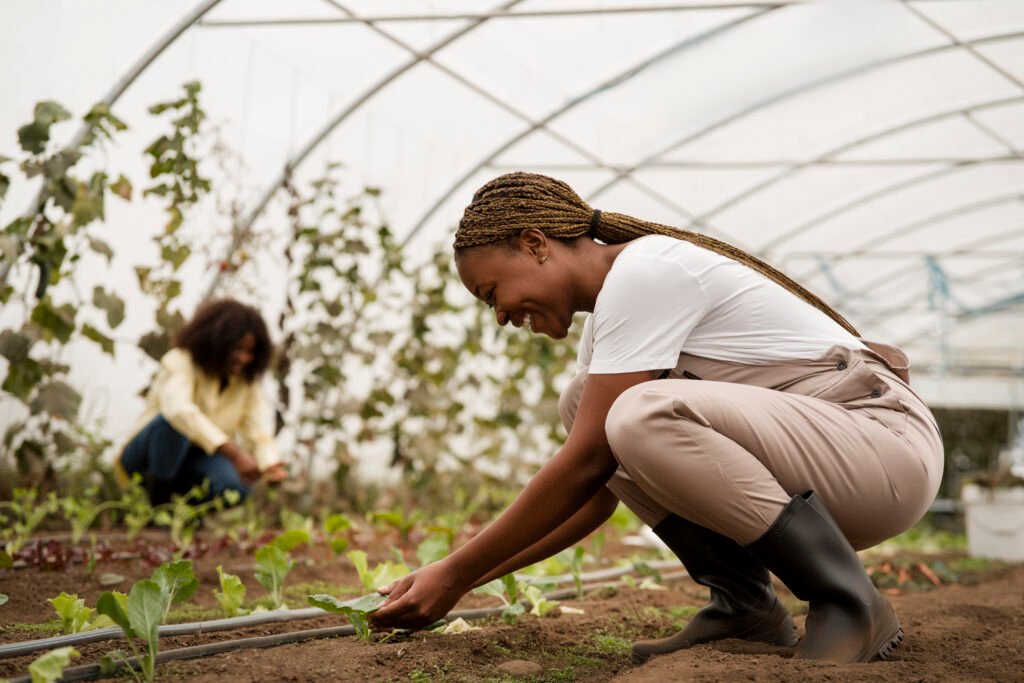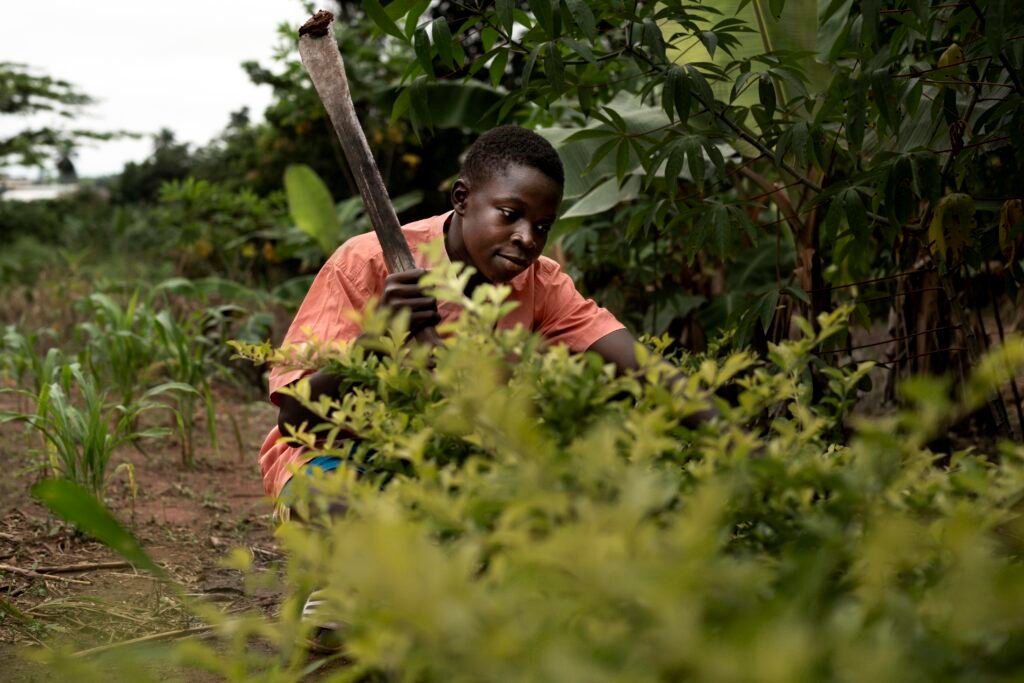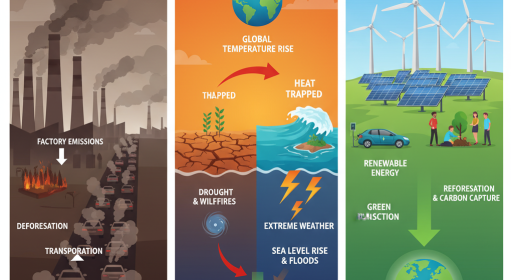Climate change is presenting significant challenges to agriculture in Kenya, with unpredictable weather patterns leading to crop yield variability, water resource stress, and soil degradation. This report outlines the key findings related to these challenges and provides strategic recommendations for implementing climate-smart agriculture (CSA) practices that can enhance resilience and support sustainable agricultural growth.

Key Findings
1. Crop Yield Variability
- Impact: Unpredictable rainfall and rising temperatures are disrupting crop yields, particularly for key staples like maize and beans. This variability threatens food security and farmers’ livelihoods.
- Insight: The inconsistency in crop yields poses significant financial risks for farmers and agribusinesses, necessitating the development of mitigation strategies to stabilize income and enhance productivity.
2. Water Resource Stress
- Impact: Water scarcity is increasingly becoming a concern, particularly in arid and semi-arid regions of Kenya. This scarcity threatens both agricultural irrigation and drinking water supplies for local communities.
- Insight: Improving water management practices is essential to optimize water usage, ensure consistent agricultural productivity, and support community needs.
3. Soil Degradation
- Impact: Increased soil erosion and nutrient loss due to unsustainable farming practices are degrading land quality, undermining the long-term potential of agriculture in Kenya.
- Insight: Investing in soil health improvements is critical for sustained agricultural success, allowing for better yields and healthier ecosystems.

Strategic Recommendations
1. Adopt Drought-Resistant Crops
- Value Proposition: Implementing drought-resistant crop varieties will significantly reduce yield fluctuations and ensure food security amid changing weather patterns.
- Business Impact: This strategy can stabilize supply chains and protect revenue for agribusinesses, allowing for a more resilient agricultural sector.
2. Implement Water-Efficient Systems
- Value Proposition: Introducing modern irrigation techniques and water conservation practices, such as drip irrigation and rainwater harvesting, will reduce water waste and enhance productivity in water-stressed regions.
- Business Impact: Improved water management will lower operational costs and boost crop output, contributing to greater economic sustainability for farmers.
3. Invest in Soil Conservation Practices
- Value Proposition: Employing soil conservation techniques, such as conservation tillage, cover cropping, and organic fertilization, will enhance soil health, increase crop yields, and protect land value.
- Business Impact: Long-term investments in soil health will mitigate risks associated with land degradation and improve overall farm profitability.

Conclusion
By adopting tailored climate-smart agriculture strategies, agricultural stakeholders in Kenya can effectively mitigate the risks posed by climate change, improve resilience, and support long-term food security. These solutions not only align with national agricultural goals but also contribute to global sustainability frameworks, driving growth and ensuring sustainability in the agricultural sector.
Call to Action: Stakeholders are encouraged to collaborate on the implementation of these recommendations, fostering a resilient agricultural landscape that can withstand the challenges of climate change and promote sustainable development for all Kenyans.
Take Action Now
Schedule a Free Consultation!
We are dedicated to creating a positive impact on the environment, society, businesses, and sectors. By choosing us, you are not just investing in your business but also contributing to a more sustainable and resilient future for all.




